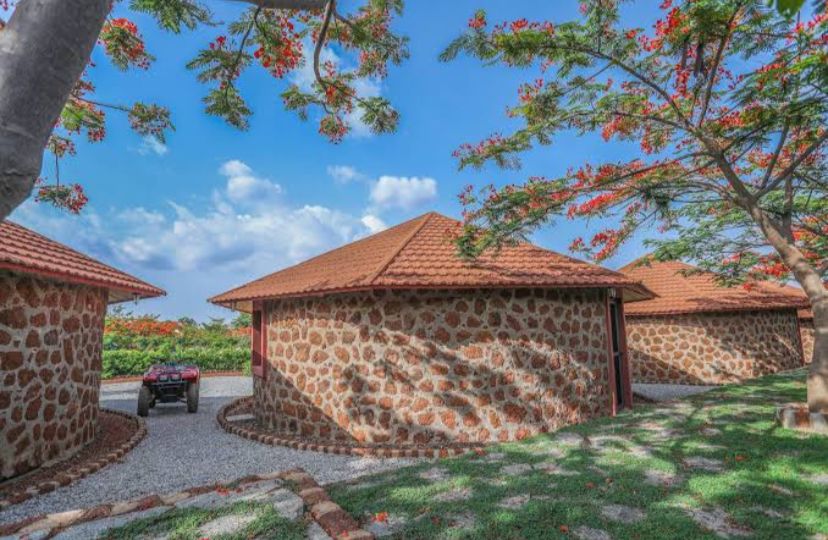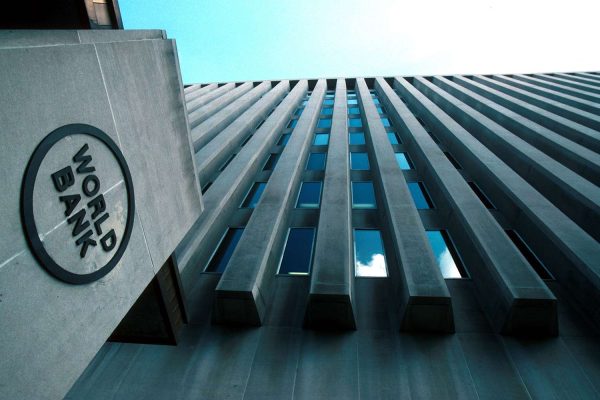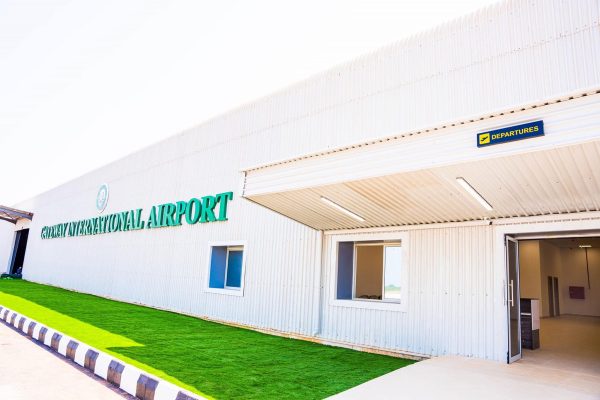- Oil output dips as Dangote refinery dispute triggers nationwide strike
- FG, Meta reach out-of-court deal over $32.8m data privacy fine
- Jonathan reveals Buhari’s role in the failed Chibok Girls negotiation
- Generation Z sparks new wave of youth-led protests across Africa
- Lagos hosts Africa’s first all-electric powerboat race
Across Nigeria’s 36 states and the Federal Capital Territory, these are the top five Nigerian news stories you shouldn’t miss.
Oil output dips as Dangote refinery dispute triggers nationwide strike

Nigeria’s oil and gas output took a significant hit during the three-day strike by the Petroleum and Natural Gas Senior Staff Association of Nigeria (PENGASSAN), which ended on Thursday after government-brokered talks with the Dangote Refinery.
The industrial action, which began on September 28, followed the dismissal of more than 800 unionised workers by the refinery. The shutdown, according to the Nigerian National Petroleum Company (NNPC) Limited, resulted in daily losses of approximately 283,000 barrels of crude oil, equivalent to around 16% of the nation’s output, and 1.7 billion standard cubic feet of gas per day. Power generation also dropped by over 1,200 megawatts during the period.
Major facilities, including Shell’s Bonga floating production unit, the Oben gas plant, and Nigeria LNG’s Train 5 and 6, were affected. At the same time, operations at export terminals such as Akpo, Brass, and Egina were delayed. NNPC warned of significant financial losses and ongoing risks to energy stability despite the suspension of the strike and the temporary easing of supply pressures.
FG, Meta reach out-of-court deal over $32.8m data privacy fine

The Federal Government and Meta Platforms Inc., the parent company of Facebook and Instagram, have reached an out-of-court settlement over a $32.8 million fine imposed on the tech giant for alleged breaches of Nigeria’s Data Protection Act.
Lawyers representing both sides informed Justice James Omotosho of the Federal High Court, Abuja, about the agreement on Thursday. The fine, issued by the Nigeria Data Protection Commission (NDPC) in February, accused Meta of using Nigerians’ personal data for behavioural advertising without consent, failing to file its 2022 compliance audit, and transferring user data abroad.
Meta had earlier challenged the penalty in court, claiming it was denied a fair hearing, while the NDPC defended its action and urged the court to dismiss Meta’s case as “incompetent.” Details of the settlement terms are yet to be disclosed.
Jonathan reveals Buhari’s role in the failed Chibok Girls negotiation
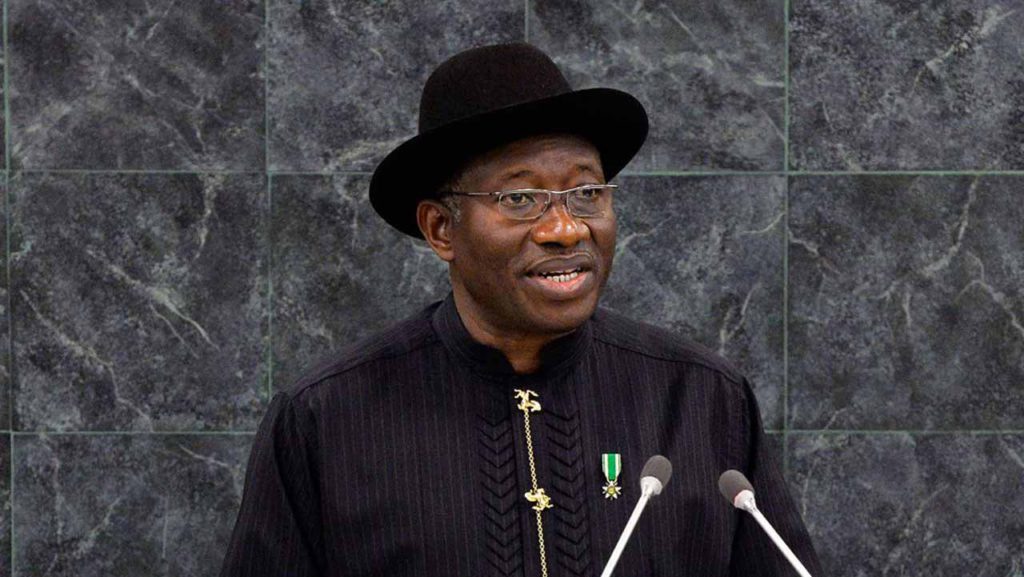
Former President Goodluck Jonathan has revealed that Boko Haram insurgents once nominated ex-President Muhammadu Buhari to negotiate with his administration during efforts to rescue the 276 schoolgirls kidnapped from Chibok, Borno State, in 2014.
Speaking at the launch of Scars, a book written by former Chief of Defence Staff, General Lucky Irabor, in Abuja on Thursday, Jonathan said his government tried various approaches to end the insurgency, but with limited results. He recalled that one of the committees set up for peace talks was surprised when Boko Haram named Buhari as their preferred negotiator.
Jonathan said he had hoped the insurgency would end when Buhari became president, but the persistence of the crisis proved how complex the situation was. “If you interview many people, you’ll only get part of the story, but never the full story of Boko Haram,” he added.
Generation Z sparks new wave of youth-led protests across Africa
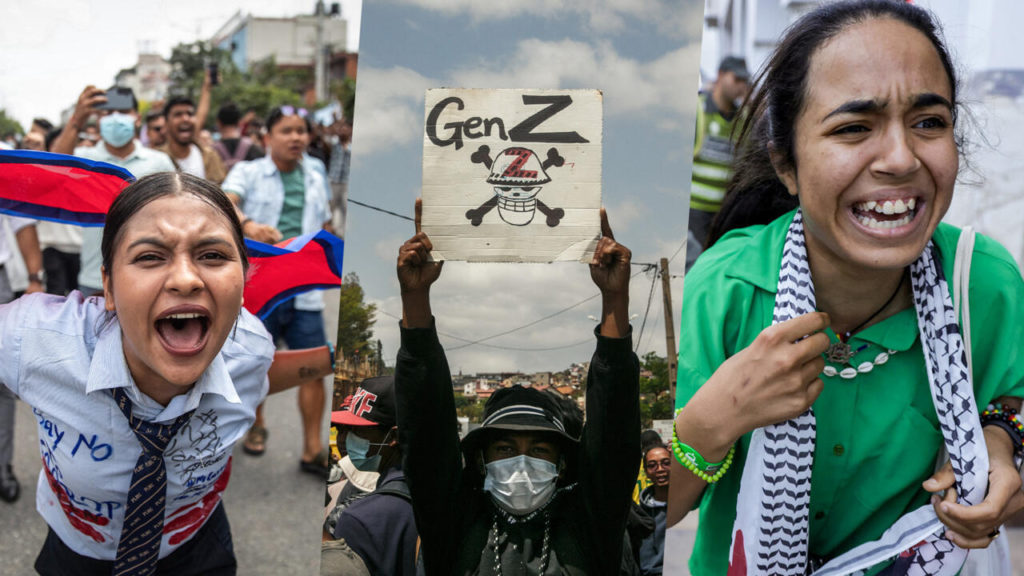
A surge of youth-led activism and political awareness is spreading rapidly across Africa, as Generation Z pushes for reform, accountability, and improved governance. The movement, fuelled by social media platforms such as X (formerly Twitter), TikTok, and Instagram, mirrors similar uprisings seen recently in Asia and has now taken hold in countries like Madagascar and Morocco.
In Madagascar, President Andry Rajoelina dissolved his government in late September 2025 after violent demonstrations over persistent water and electricity shortages left at least 22 people dead and more than 100 injured, according to the United Nations. The protests, led largely by young citizens, highlighted growing frustration with poor infrastructure and government inaction.
Meanwhile, Morocco has witnessed some of its largest anti-government protests in years, with hundreds of young demonstrators demanding better public services and an end to corruption. Organised by the grassroots group GenZ 212, the rallies have spread across 11 cities, including Casablanca, Rabat, and Marrakech, drawing inspiration from Kenya’s successful youth protests against proposed tax hikes earlier this year.
Lagos hosts Africa’s first all-electric powerboat race

The historic E1 Lagos Grand Prix, Africa’s first-ever all-electric powerboat race, opened on Friday at the Boat Club, Ikoyi, amid grandeur and excitement. The event, part of the global E1 Series, drew dignitaries, sports icons, and innovators from around the world. The opening ceremony featured cultural performances, a parade of teams, and the unveiling of the RaceBird electric boats, which were set to compete on Lagos’ waters.
Governor Babajide Sanwo-Olu described the race as a landmark moment for Nigeria and the continent, highlighting Lagos’s emergence as a global hub for sports and innovation. He said the event reflects the state’s commitment to creativity, sustainability, and international competitiveness.
Sanwo-Olu expressed gratitude to sponsors and residents for their support, adding that the championship will boost tourism and create economic opportunities. He also hinted at Lagos’s ambition to host other major sporting events, including Formula 1, while encouraging young Nigerians to embrace innovation and the blue economy.


